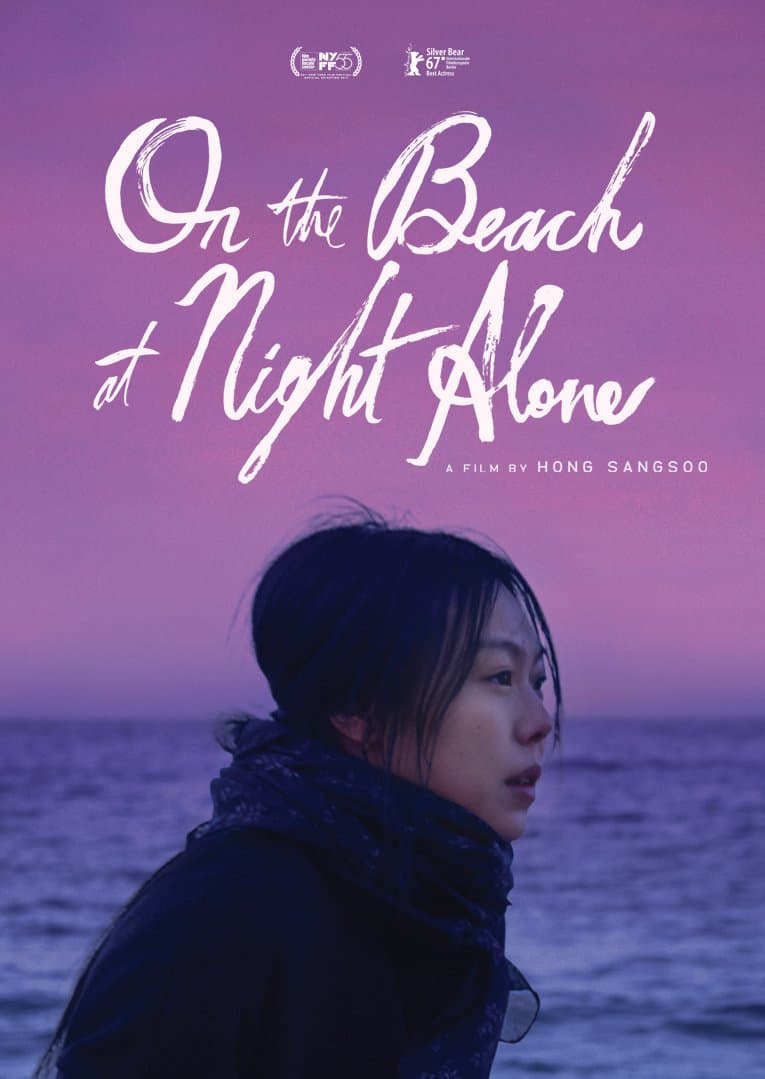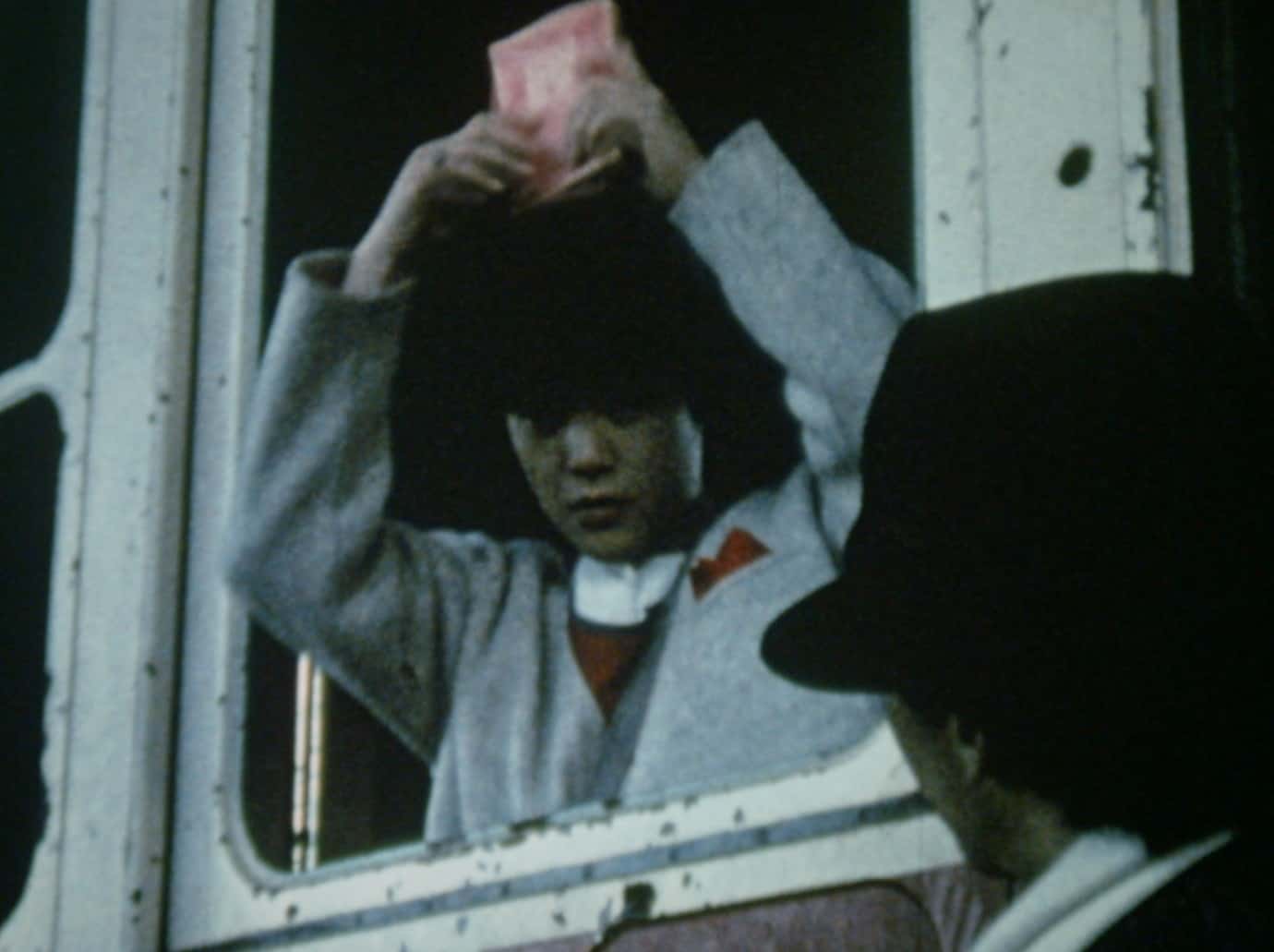Released in 2017, “On the Beach at Night Alone” is likely the most personal work both its director, Hong Sang-soo, and its star, Kim Min-hee, have been involved in during their respective decades-long careers. As such, the real-life circumstances which informed the film are impossible to ignore: after working on Hong's 2015 film “Right Now, Wrong Then”, the married director and Kim began an affair, rumors of which caused controversy in South Korea. At the Seoul premiere of “On the Beach”, Hong finally admitted to the extramarital relationship. As a result, Kim lost endorsement deals and it was alleged that the affair was the reason why her talent agency, Management SOOP, decided not to renew her contract. Moreover, the pair were ruthlessly pulled apart in the media of their home country, a nation where adultery was illegal until 2015.
Buy This Title
on Amazon by clicking on the image below
Working through this tumultuous time of his life, Hong's film calmly studies the aftermath of such turmoil, the dust having settled and life seemingly having returned to normal. Young-hee (Kim Min-hee) is a successful actress who has receded from the spotlight following a scandalous affair with a married director. Spending time in Hamburg, she reflects on her loneliness and the future of her career, while contemplating a return to South Korea. When she does eventually return, she reconnects with old friends before a chance encounter with members of a film crew forces her to confront her relationship with the director head-on.
As is often the case with Hong's work, there is little to “On the Beach” in terms of plot. Rather it interrogates friendship, love and fidelity through the characters' conversations, their interactions often enhanced by a good helping of beer and Soju. Hong, known for his patient directing style, lingers on the numerous social situations Young-hee finds herself in, in all their tender and uncomfortable allure. The camera's deliberate movements and sudden zooms heighten the voyeuristic sense of intrusion felt during certain moments, forcing the audience up close to the tumultuous inner life of its main character as she attempts to navigate different spaces and friend groups.
Kim's performance is extraordinary, capturing all of Young-hee's nuances, flaws and insecurities in a subdued performance that only occasionally erupts into emotional outbursts, fueled by frustration, alcohol and a somewhat moody disposition. It's a performance that refuses easy answers, content to let the tension simmer and sometimes put conflicts aside unresolved. It's stunningly self-reflective and honest work, not only from the actress but also from the seasoned director, Hong rendering his movie stand-in as a rather blasé and emotionally unintelligent artist, an interesting self-critique not entirely devoid of self-deprecation, especially when he responds to the question of how he will be going about making his next film with, “I shoot the first scene and go where it takes me.” He says he plans on making a film about a person he once loved to which Young-hee flies off the handle and confronts him, saying, “Why make it about someone you loved? Trying to lessen your torment?” The director responds, “I need to cast off my regrets.” It is surprising how willing Hong is to point the finger at himself.
The remarkable intimacy of particular scenes (and indeed the entire project itself) veers into the self-indulgent from time to time but with subject matter like this, a certain degree of self-centerdness is perhaps unavoidable. Consequently, “On the Beach” might not generate much interest from viewers unfamiliar with the real-world scandal but that doesn't detract from its intrigue as an experiment in meta-textual storytelling and there is a lot of raw humanity and more than enough relatable emotions at play here to offer something worthwhile, even to skeptical viewers. “On the Beach at Night Alone” continues Hong's established formal approach, favoring low-key realism and spontaneity as well as inviting subtextual scrutiny through (supposed) real-life parallels, but it has rarely, if ever, felt this vulnerable.

















